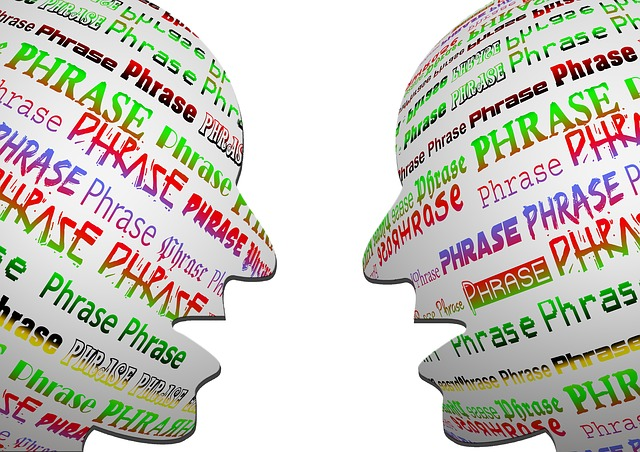19 May Homophones, homophenes, and things that go bump in the night.
We’re all used to using words whose meanings we’re not quite sure of. We all do it, probably not too frequently, but we do, and we use them in the confidence that we’ve spelt (or should that be ‘spelled’?) them properly and that our readers will know exactly what we mean.
The thing is that there seems to be a drift away from sticking to the rules. You can doubtless think of occasions, right now, where you’ve seen a spelling or word misdemeanour, and whether you’re a writer of web articles, blog items, social media posts or any other facet of the nuts and bolts that we call our written world – I expect you didn’t like it.
What seems to be happening is that – more and more – writers seem to be catching a bad case of the homophones; pairs or groups of words that sound the same but which are spelled differently. And it’s no laughing matter. When we get something like this wrong, it’s embarrassing, and as professional writers, it lowers our status whilst simultaneously shaking our readership’s confidence in us.
Readers will know something is wrong at once, so it’s worth paying a little extra attention to detail by looking things up. After all, the spell-checker won’t identify homophones that are spelled correctly and there is no excuse for getting mettle and metal mixed up. Nor is there reason for confusing plain and plane, reek and wreak, brake and break, hanger and hangar, and a particularly regular offender – licence and license. And what about boy and bouy, faint and feint, faze and phase? I could go on.
So I will.
The dictionary is a fabulous tool and is something that should never leave your side. This trusty ally is available to quickly identify that mixing up serial and cereal, cheep and cheap, waist and waste, and taught and taut just shouldn’t happen.
And homophones are not the only problem. There are other pairs of words that actually sound slightly dissimilar, yet still manage to wreak havoc despite their differences. Sir David Attenborough happens to be a naturalist, not a naturist! Affecting and effecting have different meanings, as do prostrate and prostate (gents you should know this)!
In a similar vein, some mistakes are the result of not reading through piece of writing properly, resulting in howlers that are no laughing matter. In this category I cite the case where pubic was written instead of public, whore frost rather than a hoar frost, and perpetrate and penetrate are certainly not interchangeable.
Lesser known difficulties arise with homophenes. These are words that look similar on the lips and so are difficult for those with hearing difficulty to discern when lip reading. However these also crop up now and again in conversation, particularly on the telephone. Examples of these are ladder and latter, bat and pat, meat and beat, breast and pressed. But while these don’t crop up for writers, it’s just something else we have to think about when it comes to word use and the substance of what we actually want to say.
For most of us, the day passes without any grammatical or literary incident. No one sets out to embarrass themselves, indeed many seem not to notice their mistakes or be offended when some-one carefully points them out. But as professional writers, we must maintain some sort of standard. Elegant writing doesn’t come easily, so it makes sense to take advantage of every tool we have at our disposal. Use the dictionary, ask a colleague, get a fresh pair of eyes to do a proof-read to ensure that every piece of your work is a mini masterpiece.
The thing that goes bump in the night? That’ll be the poltergeist (and not the anti-christ, as I once saw). And just like homophones and homophenes, they can be a little scary when they pop up unexpectedly … and they might keep you awake, but if you know how to deal with them – they’re really not a problem at all!
………………………………….
Have you seen any homophone howlers? Are there any that you regularly get muddled up? Let us know, we’d love to hear about them!





Sorry, the comment form is closed at this time.